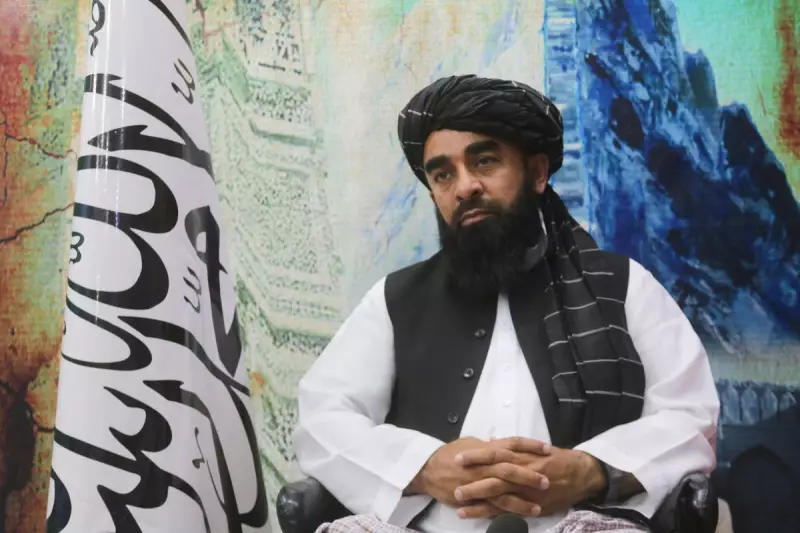
In a significant diplomatic move, the Taliban has launched a fresh bid for global recognition during high-level talks in Islamabad, with the regime's chief spokesperson making an impassioned plea to the international community.
Zabihullah Mujahid, leading the Taliban delegation at the crucial conference, asserted that Afghanistan's new rulers have fulfilled all necessary conditions for official recognition, despite widespread international concern over their governance methods.
Defending Controversial Policies
During the Islamabad gathering, Mujahid mounted a robust defence of the Taliban's much-criticised approach to women's rights and education. The spokesperson claimed the regime had created "a secure and peaceful environment" since returning to power, though he acknowledged ongoing "internal matters" that required resolution.
Mujahid's comments come amid intense scrutiny of the Taliban's restrictions on female education and employment, which have drawn condemnation from human rights organisations worldwide.
Regional Diplomacy in Focus
The Islamabad conference represents a strategic effort by the Taliban to break their diplomatic isolation through regional engagement. Pakistan, serving as host, finds itself walking a delicate tightrope – balancing security concerns with the complex reality of engaging Afghanistan's current leadership.
International observers note that while no country has formally recognised the Taliban government, such regional dialogues indicate a gradual, cautious engagement process is underway.
The Recognition Stalemate
Despite Mujahid's confident assertions, the path to international recognition remains fraught with obstacles. Western nations continue to insist that fundamental changes to the Taliban's human rights record, particularly regarding women's freedoms, must precede any formal diplomatic relations.
The spokesperson's appearance in Islamabad nonetheless signals the Taliban's determination to present themselves as Afghanistan's legitimate rulers, ready to engage with the world on their own terms.






